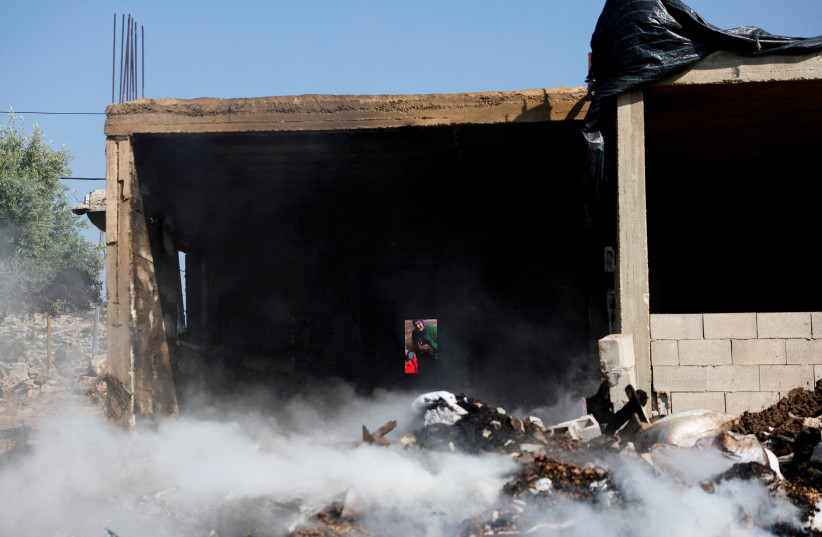The disturbing events of last weekend, in which a car carrying four Bedouin women and a child from Rahat was violently attacked by two residents of Givat Ronen after accidentally entering the settlement (having taken a wrong turn on the way to Nablus) once again revealed racism in Israeli society. These actions expose the deep-seated hatred and fear ingrained in certain segments of Israeli society towards Arabs in general and Bedouin in particular.
Radwan al-Jaar, the husband of one of the women, later pointed out the painful irony in the despicable attack, “We were in the South during the October 7 massacre, and we protected and saved people there, at risk to our own lives.”
While it’s true that the attackers were arrested by the IDF and Shin Bet – and the victims were evacuated to the Rabin Medical Center-Beilinson Campus – the Israeli authorities must, at the same time, use the full extent of their legal power to bring the perpetrators to justice. These individuals need to understand that their actions have consequences and that there is no place for violence and racism in Israel.
Additionally, the nation’s leaders must unequivocally clarify that the state does not support racism or violence of any kind, and must work toward promoting true equality and dialogue between the various populations.
This incident highlights the deep divisions between Jews and Arabs in the country, underscoring the urgent need for a strong and unequivocal response from the nation’s leadership. If we fail to denounce this racism with full force, we effectively legitimize its continued spread, eroding whatever trust remains between the two populations. It is crucial to recognize that this racism is not just a problem for those directly affected but for all of Israeli society. It undermines the foundations of a democratic state, which is supposed to guarantee equal rights for all its citizens, regardless of religion, race, or gender.

In recent years, we have witnessed an increase in the number of demolitions of houses in the Negev [resulting from the 1965 Israeli Planning and Building Law], exacerbating the sense of deprivation and injustice within the Bedouin community. The social and economic disparities between Jews and Bedouins in the Negev manifest not only in inadequate infrastructure [in the 11 villages finally recognized by Israel despite governments effort to concentrate the entire Bedouin population in seven townships – as well as in the unrecognized villages] but also in growing tensions that ultimately lead to violent incidents.
How can citizens envision a more peaceful and equal future?
It is crucial to remember the higher goals at stake – building a future of peace and equality for all citizens of the state.
The fear and tension between Jews and Arabs are significant obstacles on the path to achieving this goal. We must do everything in our power to maintain the fabric of shared life in the Negev and throughout the country, and to build an equitable and just society where every person can live in safety and dignity, without fear of discrimination or assault based on their origin.
The writer is co-CEO of the Arab-Jewish Center for Empowerment, Equality, and Cooperation – Negev Institute for Strategies of Peace and Economic Development.
